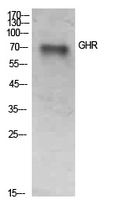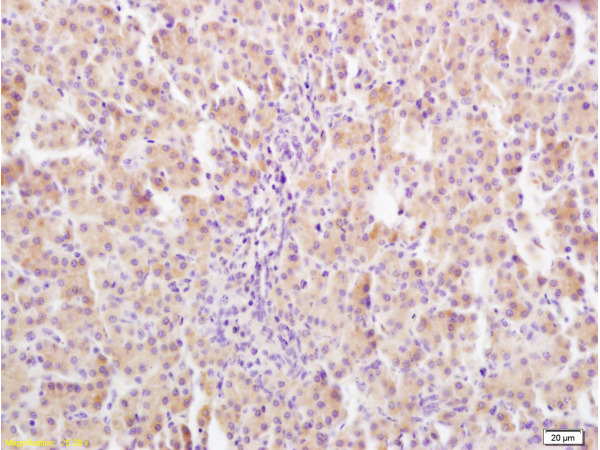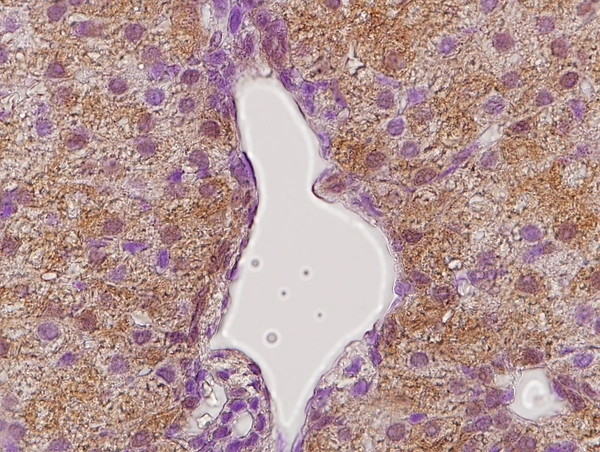Growth hormone Receptor antibody [N3C2], Internal
GTX101192
ApplicationsImmunoHistoChemistry, ImmunoHistoChemistry Paraffin
Product group Antibodies
ReactivityHuman
TargetGHR
Overview
- SupplierGeneTex
- Product NameGrowth hormone Receptor antibody [N3C2], Internal
- Delivery Days Customer9
- ApplicationsImmunoHistoChemistry, ImmunoHistoChemistry Paraffin
- CertificationResearch Use Only
- ClonalityPolyclonal
- Concentration0.7 mg/ml
- ConjugateUnconjugated
- Gene ID2690
- Target nameGHR
- Target descriptiongrowth hormone receptor
- Target synonymsGHBP, GHIP, growth hormone receptor, GH receptor, growth hormone binding protein, mutant growth hormone receptor, serum binding protein, somatotropin receptor
- HostRabbit
- IsotypeIgG
- Protein IDP10912
- Protein NameGrowth hormone receptor
- Scientific DescriptionThis gene encodes a protein that is a transmembrane receptor for growth hormone. Binding of growth hormone to the receptor leads to receptor dimerization and the activation of an intra- and intercellular signal transduction pathway leading to growth. A common alternate allele of this gene, called GHRd3, lacks exon three and has been well-characterized. Mutations in this gene have been associated with Laron syndrome, also known as the growth hormone insensitivity syndrome (GHIS), a disorder characterized by short stature. Other splice variants, including one encoding a soluble form of the protein (GHRtr), have been observed but have not been thoroughly characterized. In humans and rabbits, but not rodents, growth hormone binding protein (GHBP) is generated by proteolytic cleavage of the extracellular ligand-binding domain from the mature growth hormone receptor protein. The precise location of this cleavage site has not been determined for the human protein.
- ReactivityHuman
- Storage Instruction-20°C or -80°C,2°C to 8°C
- UNSPSC41116161








